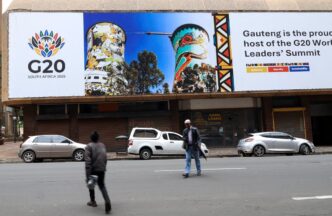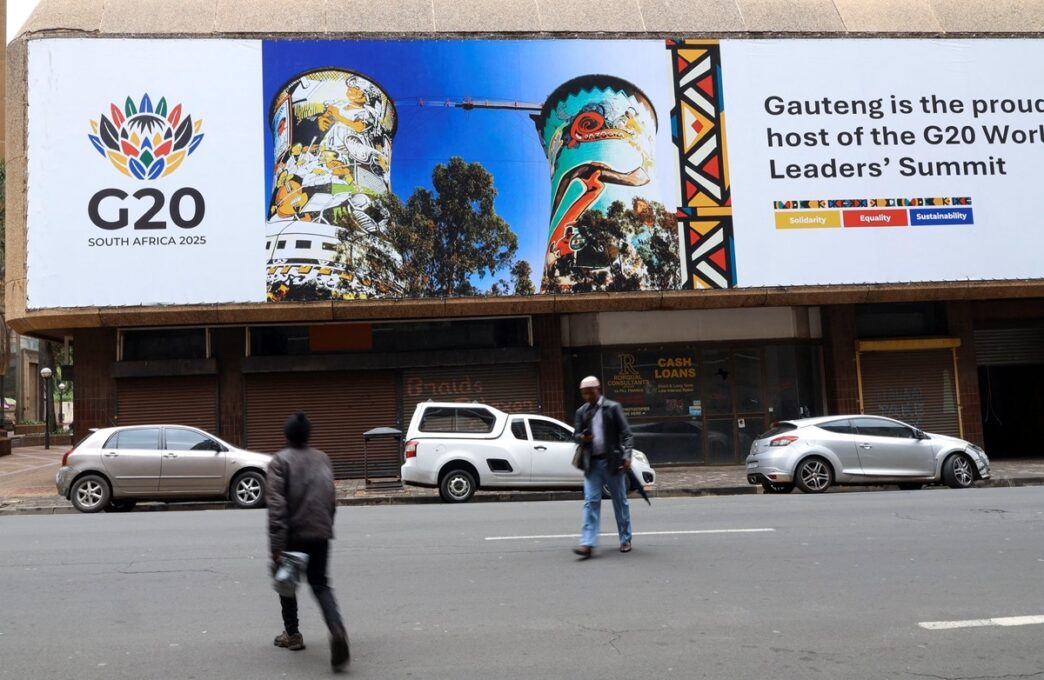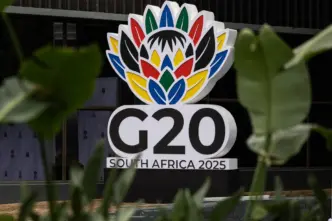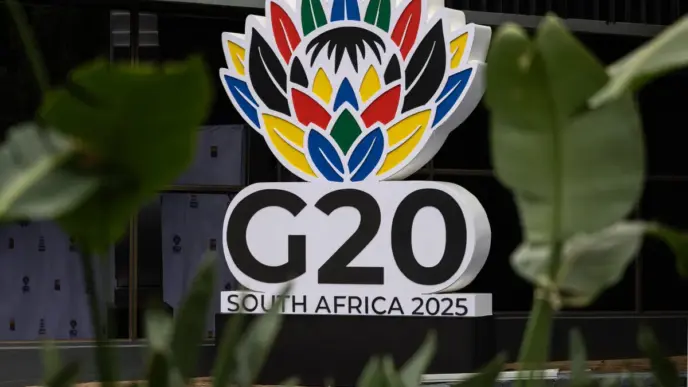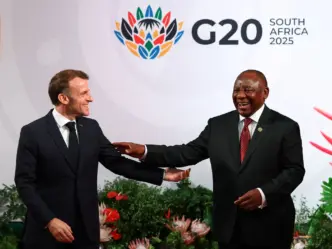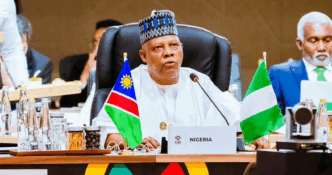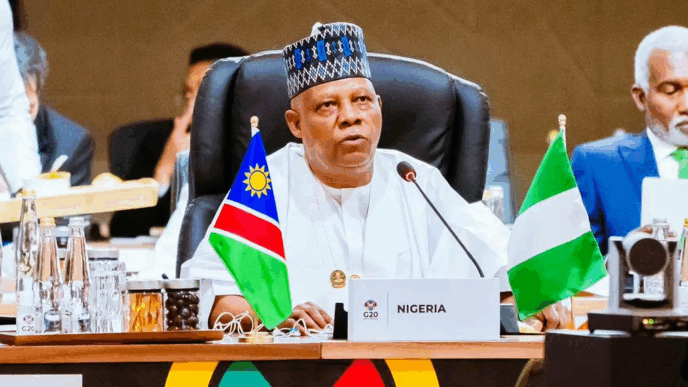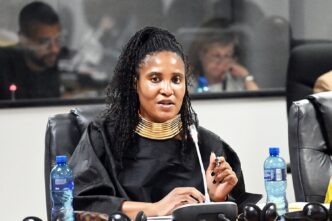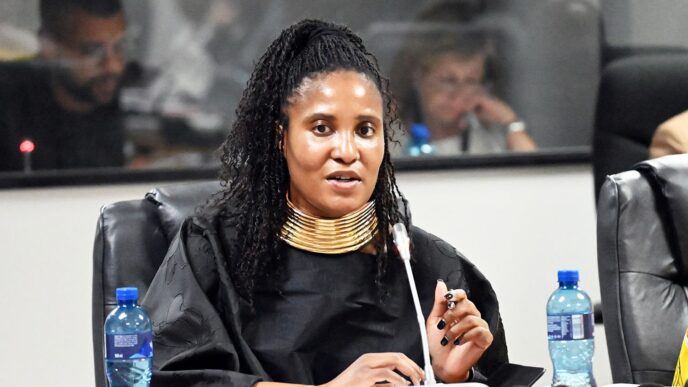South Africa is set to host the G20 summit this weekend, with the primary aim of securing commitments on debt relief for developing nations and addressing global inequalities. However, the proceedings will take place against the backdrop of a boycott by the United States.
US President Donald Trump, who has clashed with Pretoria over its agenda for the G20, is skipping the summit. This move is part of a broader American retreat from multilateralism that has unsettled the global order. Speaking to reporters ahead of the event, scheduled for 22–23 November, President Cyril Ramaphosa remarked that the US absence is “their loss”.
The United States remains the most powerful member of the 19-country bloc, which accounts for 85 per cent of global GDP and approximately two-thirds of the world’s population, alongside the European Union and the African Union. The American boycott mirrors President Trump’s recent decision not to dispatch an official delegation to the COP30 summit in Brazil.
The Republican leader has also withdrawn from the Paris Agreement—the international treaty designed to limit global warming—and has imposed unilateral tariffs on numerous trading partners. South Africa, in particular, has been subjected to a 30 per cent tariff by the United States. Since returning to the White House in January, Trump has targeted the sub-Saharan nation on several issues, notably making false claims that white Afrikaners were being systematically “killed and slaughtered” in the country.
South Africa’s chosen theme for the G20, “Solidarity, Equality, Sustainability”, centres on supporting developing economies through debt relief and financial measures to manage climate change-induced disasters. In February, US Secretary of State Marco Rubio branded the agenda “anti-American” when he skipped one of the initial ministerial meetings.
Pretoria maintains that debt relief is a priority because repayment obligations severely restrict investment in essentials such as infrastructure, healthcare, and education. According to the United Nations, between 2021 and 2023, African nations spent $70 per capita on debt interest payments—significantly higher than the expenditure on education ($63) or health ($44).
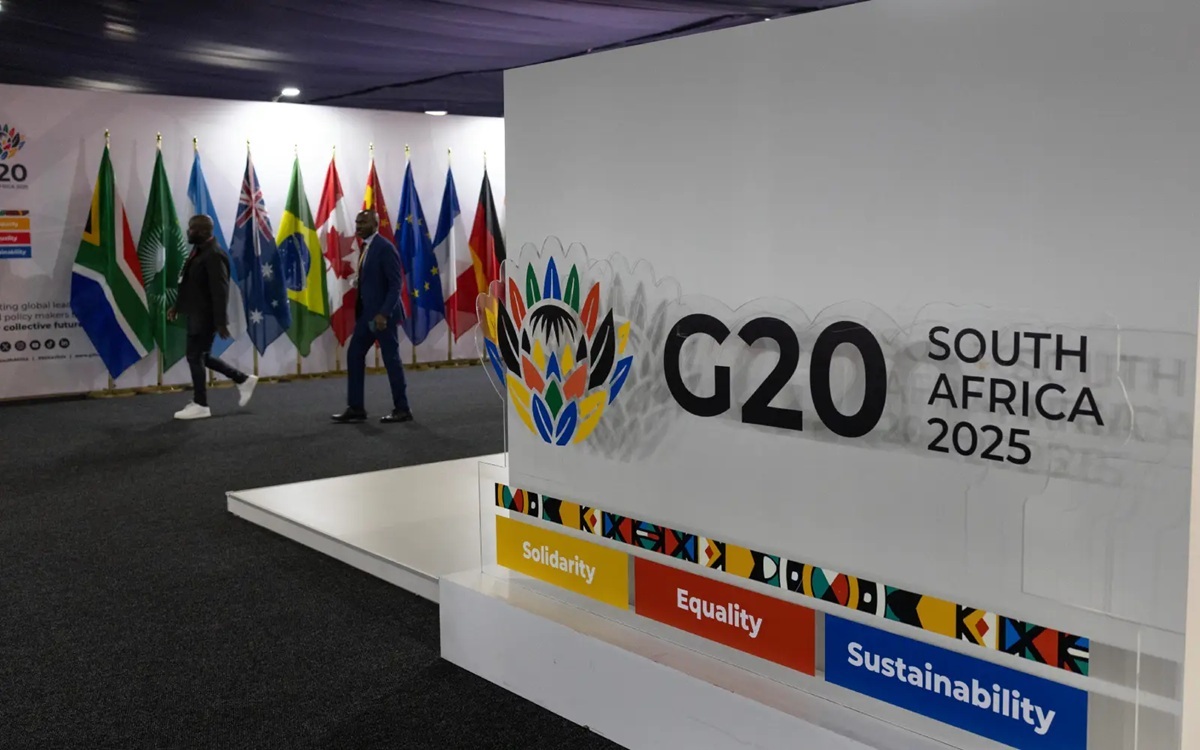
President Ramaphosa intends to advocate for the creation of an “International Inequalities Panel”, modelled on the IPCC for climate change, to address massive global inequality, which is particularly stark in South Africa. A report submitted to the G20 by a team led by Nobel laureate economist Joseph Stiglitz labelled wealth inequality a global crisis threatening democracy and social cohesion, arguing it must be confronted with the same urgency as the climate crisis.
“If adopted, it would mark a significant win not just for Pretoria’s presidency, but for the millions across the Global South whose voices are often sidelined in elite economic forums,” observed Tendai Mbanje, a researcher at the University of Pretoria’s Centre for Human Rights.
It remains uncertain whether South Africa’s G20 presidency will succeed in securing a consensus to release a joint final declaration. Delegates involved in the preparatory work have indicated that representatives from Argentina have been obstructive; President Javier Milei, a close ally of Trump, is also boycotting the event.
In the absence of the United States, China’s representative, Premier Li Qiang, is expected to champion multilateralism. “Economic globalisation and multipolarity are irreversible,” Li stated at an Asian regional summit in October. Russia, meanwhile, will be represented by President Vladimir Putin’s economic advisor and deputy chief of staff, Maxim Oreshkin, noting the absence of Foreign Minister Sergei Lavrov.
The summit is scheduled to commence the day following the conclusion of COP30 in Belém, Brazil, where final negotiations may influence the discussions in Johannesburg. This event marks the culmination of a cycle of G20 presidencies held by Global South nations, following Indonesia in 2022, India in 2023, and Brazil in 2024.
The next nation to assume the presidency is the United States. Washington has already announced its intention to narrow the G20’s focus strictly to matters of economic cooperation at the December 2026 meeting, which is to be held at a Miami golf course owned by the Trump family.


 Trending
Trending 
